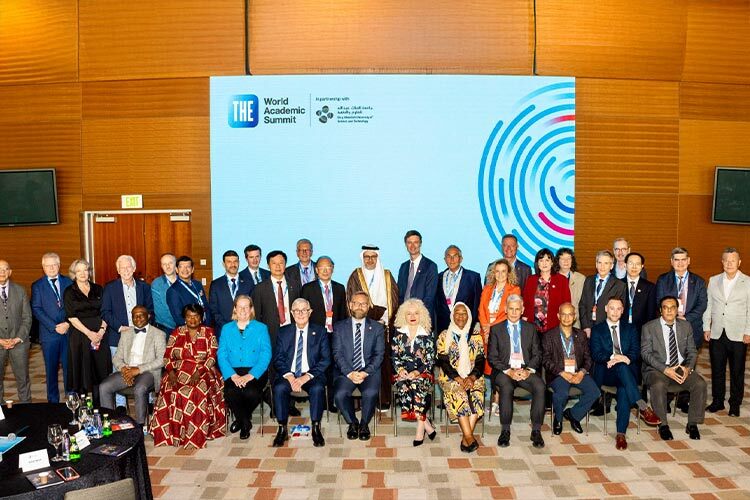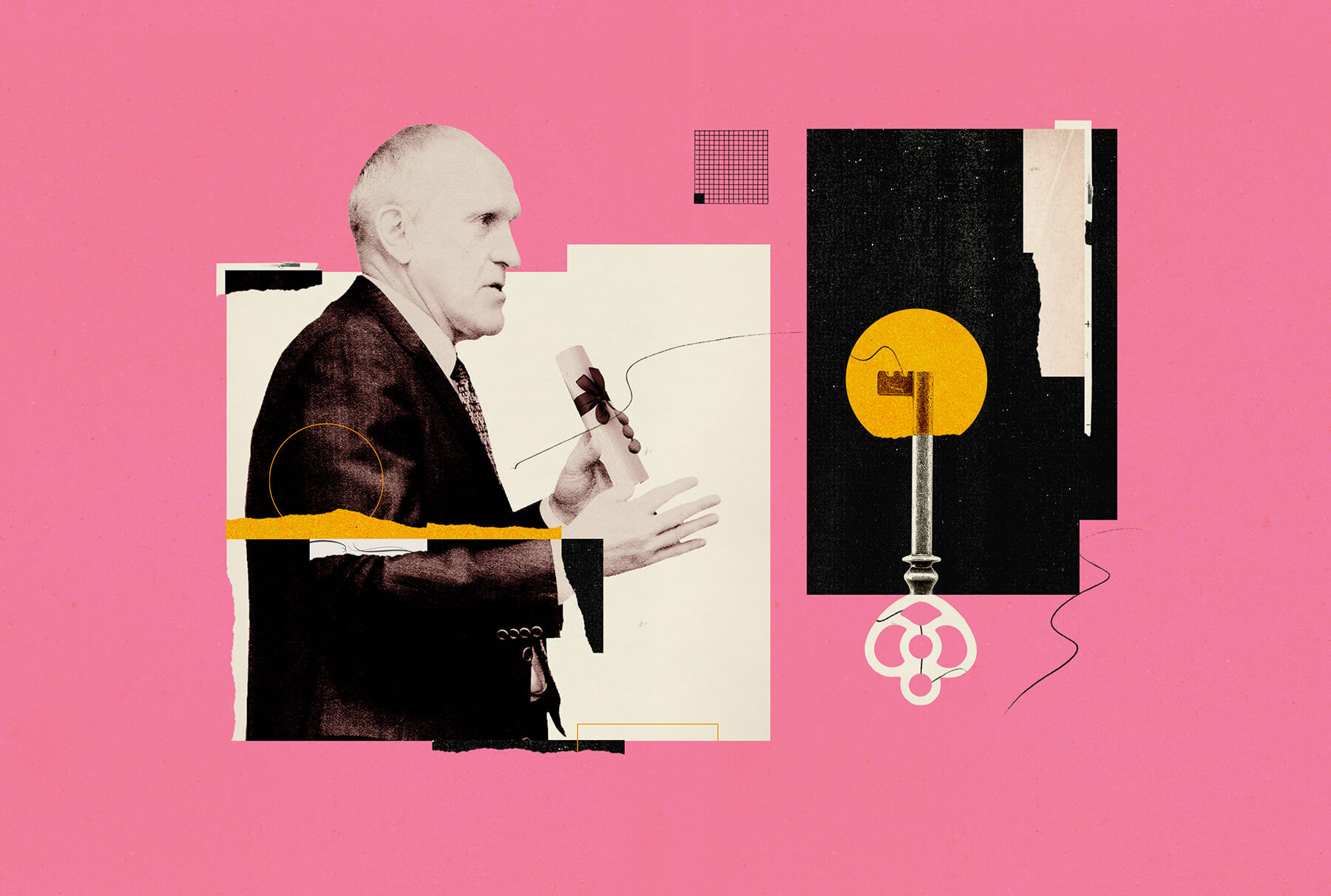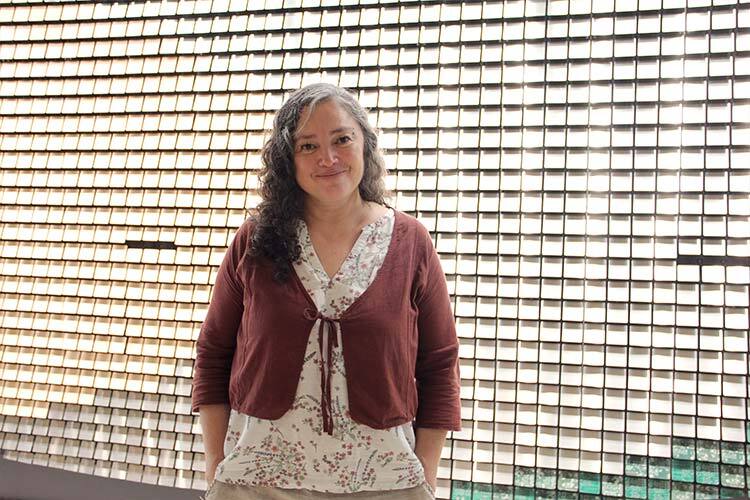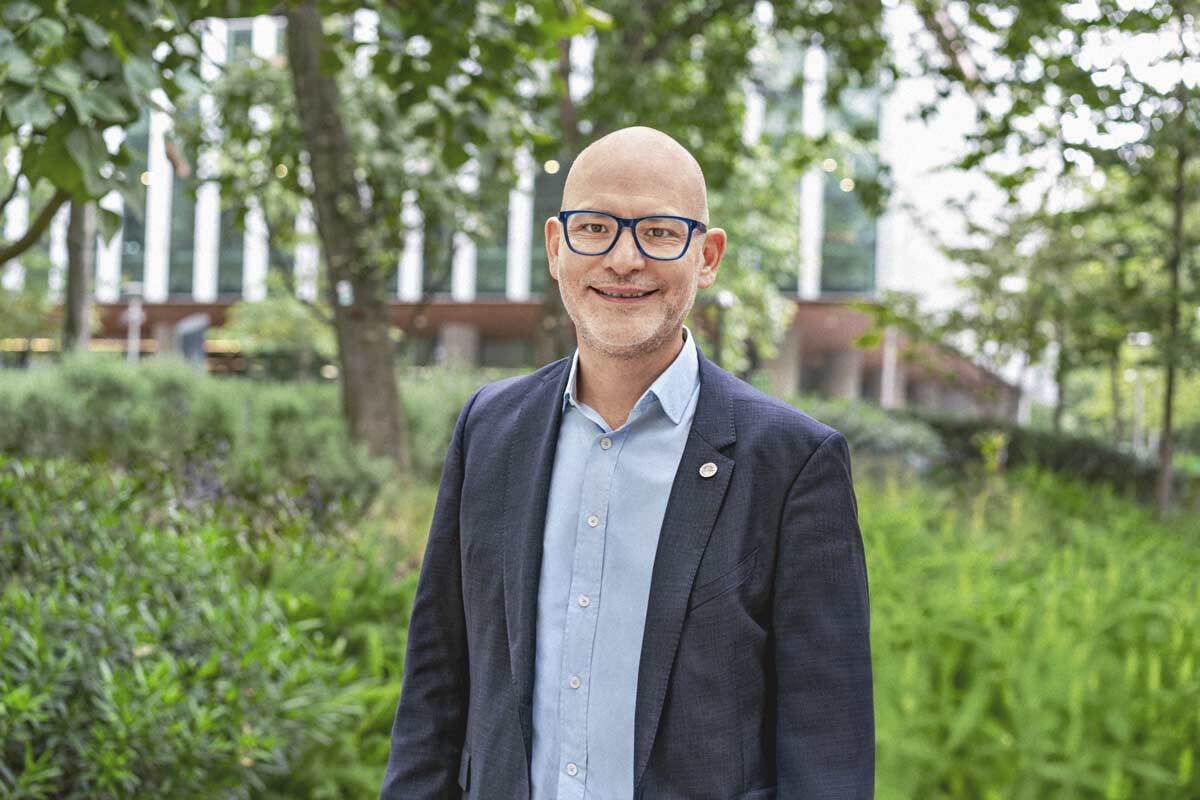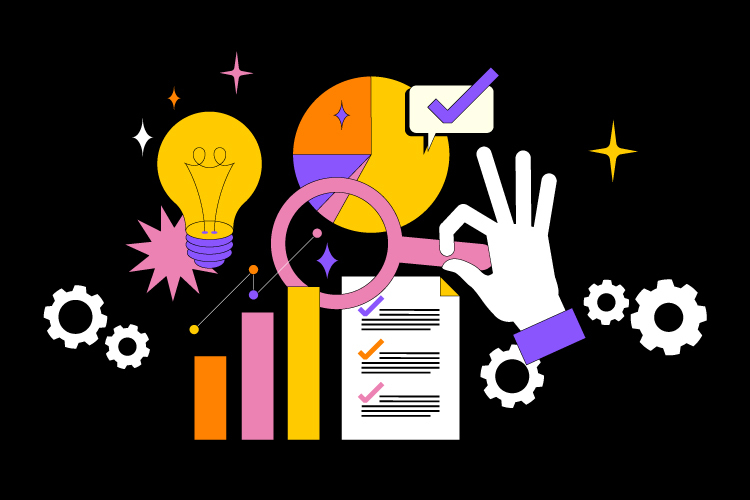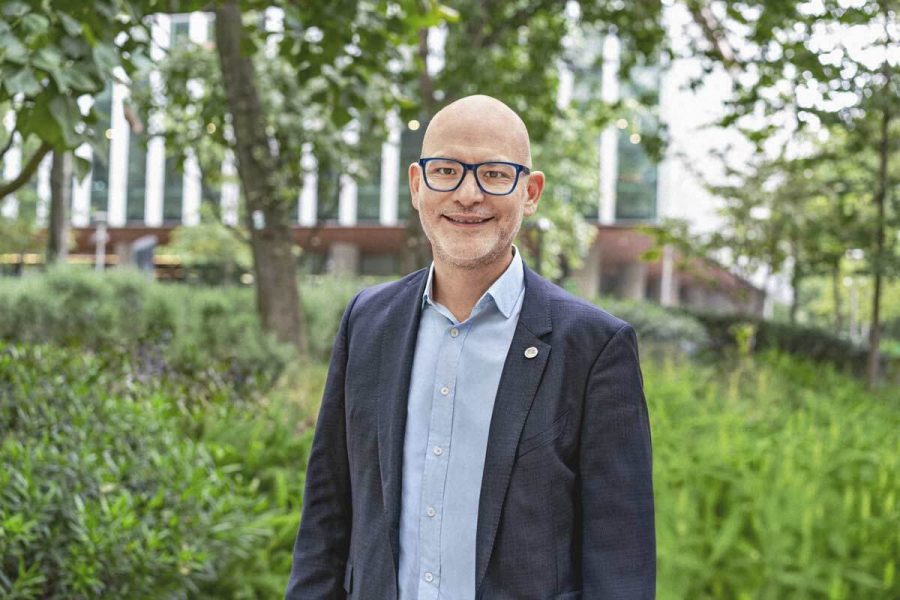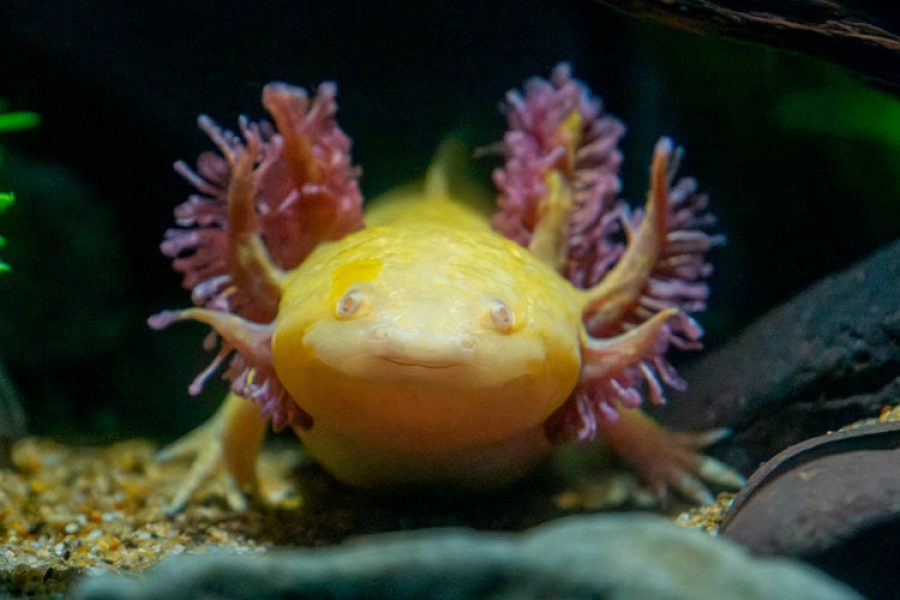By the year 2030, 92 million jobs could disappear worldwide due to the rapid transformation of technology and the economy, demographic shifts, and the sustainable transition. However, according to the World Economic Forum, 170 million new jobs could emerge by that same year.
But what will those jobs be? What skills will be required? Can universities prepare society for the future? These were the reflections shared by David Garza, Executive President of the Tec de Monterrey Educational Group, during his participation in the THE World Academic Summit 2025.
The summit was held for the first time in Saudi Arabia, hosted by the King Abdullah University of Science and Technology (KAUST), which brought together more than 600 leaders from 200 institutions around the world.
“At our university, we fell in love with this phrase: ‘We prepare students for jobs that don’t yet exist, to use technologies that haven’t yet been invented, and to solve problems that—so far—we haven’t yet identified.’”
Today, universities face one of their most significant challenges: preparing society for the future—not just by adapting, but by anticipating the needs of emerging economies. Therefore, they must reaffirm their role as economic and social engines.
The skills of the future
According to David Garza, the evolution of the labor market requires a balanced combination of technical and human skills. The most in-demand and fastest-growing skills fall into five areas:
- AI, data, and digital skills
- Human-centered skills (such as critical thinking, resilience, creativity, flexibility, agility, collaboration, emotional intelligence, and ethical reasoning)
- Business skills (such as financial management and organizational planning)
- Green and sustainability skills (knowledge and abilities that support environmental management and contribute to the transition to a low-carbon economy)
- Technical and vocational skills (specialized, hands-on abilities essential for technical and manual occupations)
In this context, “universities must incorporate transferable and future-proof skills, combining technical competencies with human-centered abilities in every program.”
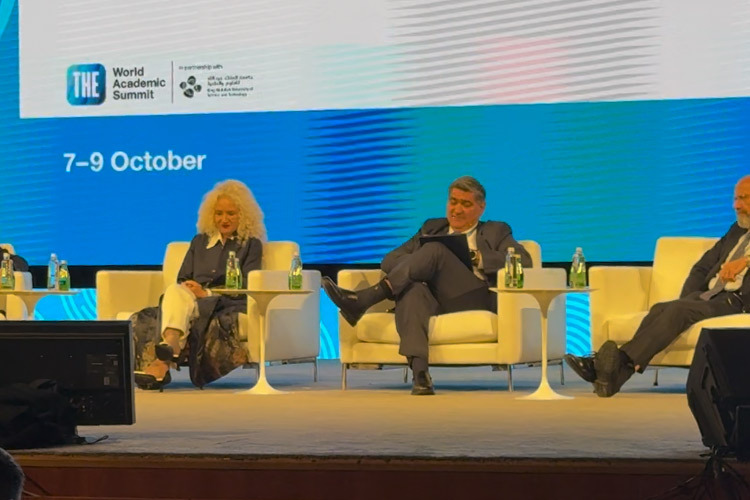
Redesigning higher education
The Executive President of the Tec de Monterrey Educational Group participated in a session titled “Higher Education and the Future Economy,” alongside leaders from other universities, such as Michael Spence, President and Provost of University College London; Radenka Maric, President of the University of Connecticut; and Andreas Cangellaris, Founding President of NEOM University.
The panel explored the role of universities as active agents of progress, and participants shared ideas on how higher education, industry, and policymakers can collaborate so that universities can act as drivers of change in local, national, and global communities.
They also addressed the urgent need to reclaim the role of universities and redesign education for the economies of tomorrow, as traditional teaching is no longer sufficient for an evolving labor market.
“We are living in challenging times, but we must always keep in mind that we don’t educate students just for their first job. I believe we truly educate students for their entire journey.”
“One approach we have adopted is that we carried out a major reform in our educational model and curriculum. Instead of lecture-based education, we moved toward a more experiential model that connects theory with real-world problems—where 50% of the curriculum consists of lectures and the other 50% is challenge-based learning,” he said.
“Universities must embrace the role of lifelong learning centers (lifelong learning), advancing toward a fourth level of education—what happens after people graduate—considering all the risks and needs that will arise in society as it changes.”
He explained that this process requires expanding access to high-quality lifelong education beyond the traditional undergraduate, graduate, and high school schemes, in order to benefit more young people and Spanish-speaking adults through a learning ecosystem, foster the use of AI, and explore new education models for the future.
Regarding research, he emphasized that scientific output is essential; however, he stressed the importance of coupling it with an applied approach that generates tangible impact on society. As an example, he mentioned the Monterrey Innovation District, an initiative that demonstrates how universities can build collaborative ecosystems among government, industry, startups, and communities.
“Multiversity” as a new university vision
David Garza also spoke about a new university concept that moves from the traditional idea of a “university” to that of a “multiversity.”
“I like this concept, this play on words, and a new notion related to multiversity rather than geodiversity. The term multiversity was coined about 50 years ago by Clark Kerr, President of the University of California system. But I refer to a broader definition, one that has to do with the idea that we are—or should evolve into—a multi-university,” he explained.
This implies, for instance, that the universities of the future will not only be multimodal (offering in-person, hybrid, and online classes), but also multistage:
“In the past, students came to the university and stayed here for two to four years; now—and perhaps in the future—they will come and go.”
“We will also be multicredential: we will begin receiving people who come to the university with skills they have acquired elsewhere. Until now, we’ve been a kind of box where skills are developed, accredited, and contained. But I believe we will interact and collaborate more. Other aspects are related to the ‘multi’: multidisciplinary, multilateral, and so on.”
The concept of multiversity is characterized by:
- Multidisciplinarity (development of diverse skills)
- Multimodality (in-person, hybrid, virtual)
- Multiexperiential learning (challenge- and experience-based learning)
- Multi-institutionality and multi-organization (global partnerships)
- Multi-intelligence (collaboration between humans and AI systems)
This “multiversity,” he concluded, prepares students for an uncertain and collaborative world that demands a combination of critical thinking, creativity, ethics, adaptability, and technological proficiency. “I believe that if one institution in this world has proven what it means to think long-term, it is universities. So we must also maintain that long-term mindset. I like to say that I come from the industry of hope—the education industry—because I truly believe we are constantly building the hope of a better world and a better society.”
